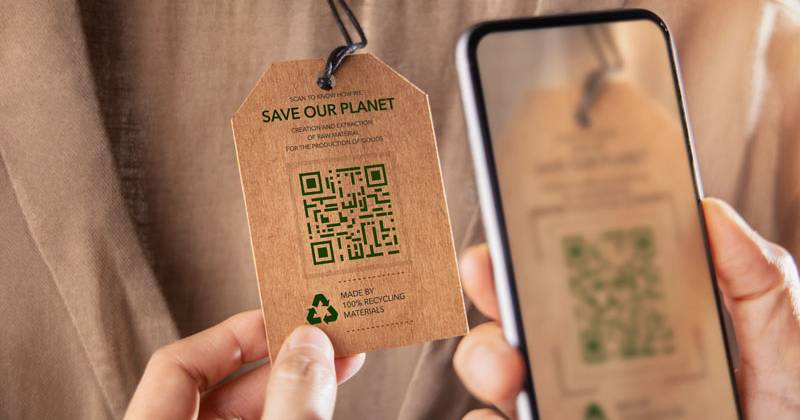What does ‘sustainability’ mean in the minds of consumers?
Academic research reveals three key factors to sharpen the positioning and marketing communication efforts of brands claiming to be ‘sustainable’.
By Frank Goedertier
Professor of Marketing
By Joeri Van den Bergh
Adjunct Professor of Marketing
When a company claims to be ‘sustainable’, consumers feel this relates to 'circularity’ and ‘naturalness’ and/or ‘social equality’ commitments, according to new research by Vlerick Business School and Ghent University. Companies can benefit from actively including the operational indicators behind these associative concepts in brand positioning and marketing communication efforts towards consumers. The research reveals 19 elements that consumers associate with sustainability. These are clustered into three categories based on the results of an exploratory and confirmatory factor analysis of the data collected.

‘Circularity’ bundles the associative elements in consumer minds that relate to avoiding exhausting natural resources and re-using materials (e.g., ‘circular economy initiatives’, ‘recycling programs’, ‘restoration/replenishment of natural resources’).
‘Naturalness’ bundles elements related to the use of non-artificial production methods and resulting products. Examples are ‘no chemicals in production’, ‘no pesticides for vegetables’, ‘no production of GMOs’.
‘Social equality’, finally, bundles elements that relate to the need to ‘care for people’. Examples are ‘gender equality’, ‘fair wages’ or ‘good labour conditions’.
These findings come from research conducted by Frank Goedertier, Professor of Marketing at Vlerick Business School, together with his co-authors, Joeri Van den Bergh, from Human8 and Vlerick Business School, and Bert Weijters and Ole Schacht, both from Ghent University. The researchers wanted to understand what operational associations (in terms of hands-on practices) are triggered in the minds of consumers when a brand claims to be ‘sustainable’.
To do so, the researchers surveyed over 5,500 consumers, across seven different developed countries: France, the UK, Germany, Belgium, Sweden, the Netherlands and Australia in two data collection waves. 19 separate hands-on practices were identified, as well as the extent to which consumers associate these with the ‘sustainability’ notion. The researchers grouped these into three categories (social equality, circularity and naturalness). An extensive literature analysis preceded the survey’s data collection.
“Sustainability is being increasingly proposed as an overarching goal for transforming the way we live, work, and consume, and more and more consumers want to purchase from brands that they know are sustainable in their practices”, says Frank Goedertier. “However, it is unclear what hands-on practices consumers actually associate with (or expect from) a brand that claims to be ‘sustainable’. Our findings reveal specific notions that can allow companies to position their brands on sustainability in a way that reflects the hands-on practices and aspects consumers associate with it.”
The researchers say that the findings are particularly interesting as previous literature focuses on separating both social and environmental factors when it comes to sustainability. In this study, consumers clearly group both together when it comes to identifying a sustainable brand.
By shedding light on how consumers view sustainability, the researchers hope that the findings will help companies generate more impactful and consumer-relevant sustainability communication and actions – highlighting the key areas consumers view as sustainable indicators.
